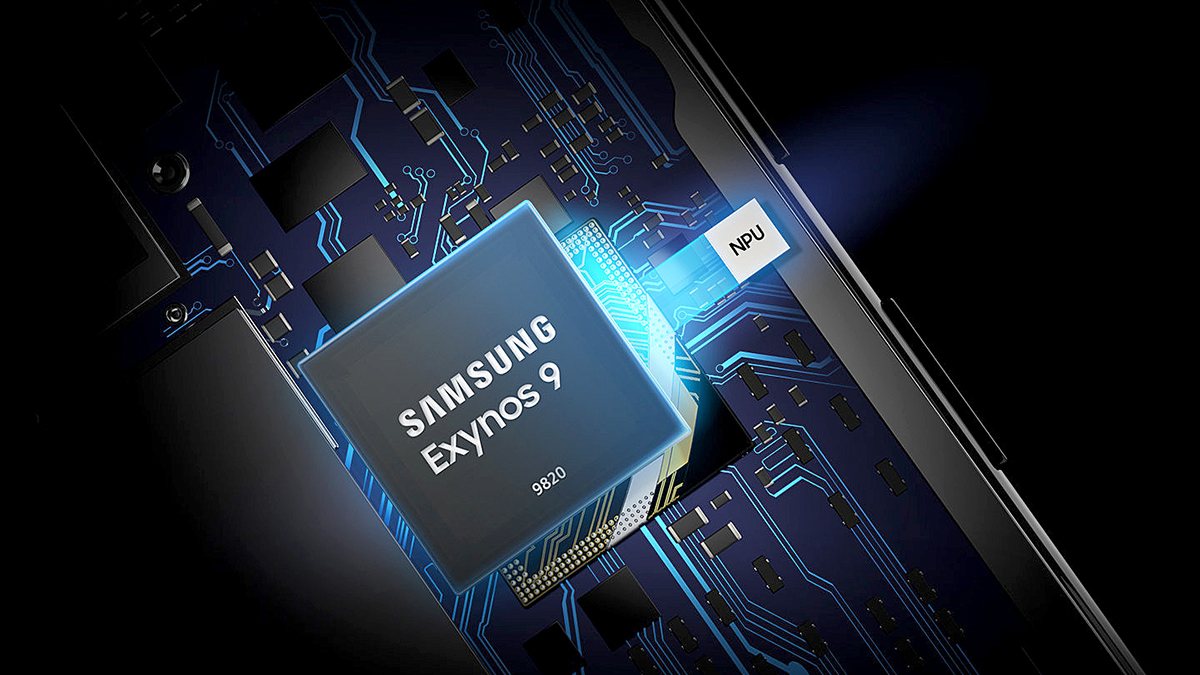Samsung Galaxy S12 will boast TWICE as much battery life as the Galaxy S10
Not to mention a 35% performance boost compared to the Samsung Galaxy S10 range


Samsung has announced a breakthrough that could dramatically boost the performance and (more importantly) battery life in future flagship handsets. The Seoul-based company revealed the update to its mobile processors during its Samsung Foundry Forum 2019 in Santa Clara, California.
In a nutshell, Samsung is on-track to a fundamentally rework the basic electronic elements into a much smaller 3-nanometre footprint, which will boost speed performance by 35% while consuming 50% less power. These power savings and performance boosts come from reducing the chip size by 45%.
Huawei P30 Pro and Mate 30 just got dealt a devastating blow
As it stands, most current-generation mobile silicon uses a 7-nanometre process, including the Qualcomm Snapdragon 855, Kirin 980, and Apple A12 Bionic which power the Galaxy S10 Plus, Huawei P30 Pro, and iPhone XS Max, respectively.
According to Handel Jones, chief executive of consultation firm International Business Strategies, Samsung is steaming ahead of rival chip manufacturers when it comes to the new process, known as Gate All Around, or GAA.
"Samsung is ahead of TSMC in GAA by probably 12 months. Intel is probably two to three years behind Samsung," Jones told Cnet.
The first 3-nanometre system-on-a-chip, which will be used in smartphones, tablets, and other mobile devices, will be tested in 2020, with volume manufacturing kickstarted in 2021. A further refinement for higher-performance chips, like graphics processors and AI chips used in data centres should arrive in 2022.
Get all the latest news, reviews, deals and buying guides on gorgeous tech, home and active products from the T3 experts
That means we're likely to see these battery-boosting chipsets ready in time to power the flagship Samsung Galaxy S12, which will launch in February 2021 – provided that the South Korean company sticks with its typical launch schedule.
If Huawei, Qualcomm and Apple haven't managed to catch-up, the next-generation Samsung Galaxy S flagship smartphone could offer never-before-seen battery life improvements. That could allow Samsung to dramatically shrink the thickness of the device – achieving the same battery life as the Galaxy S10 with a svelter handset.
That could play a huge role in making foldables like the Samsung Galaxy Fold less bulky and more of a mainstream proposition. Of course, Samsung could decide to keep the thickness of its handsets identical to the current models – to avoid camera bumps and the like – and simply boost battery life by as much as 50%.

As a former Staff Writer for T3, Aaron writes about almost anything shiny and techie. When he’s not barking orders at Alexa-powered microwaves or gawping at 5G speed tests, Aaron covers everything from smartphones, tablets and laptops, to speakers, TVs and smart home gadgets. Prior to joining T3, Aaron worked at the Daily Express and and MailOnline.